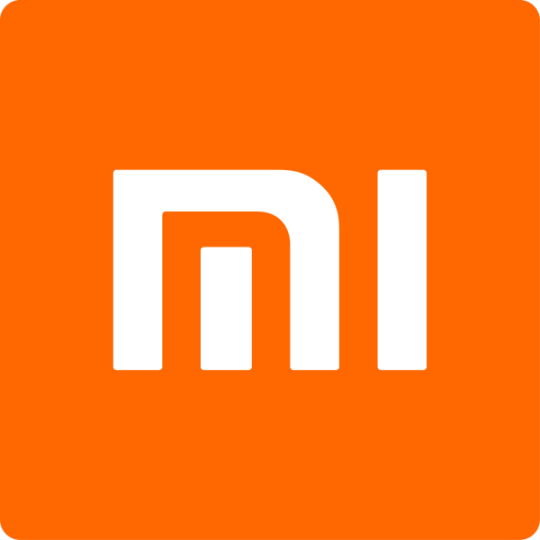
[Update of the 17/07/2019] The post has been updated to include the following:
- A brand new Xiaomi Store has recently seen the day in Kenya, hence confirming the brand's expansion to the African market.
Transsion Holdings better be shaking, as a new fearsome concurrent has set its eyes on Africa. Xiaomi has planned to conquer the smartphone market in Africa, snatching the title of number one currently held by Transsion Holdings, as it did with Apple Inc. in China back in 2015.
You may not know Transsion Holdings, but if you live in Africa, you definitely know Tecno, Infinix, and iTel, which are the three top-selling smartphone brands in Africa, and all belong to Transsion Holdings. Their popularity on the continent is certainly due to the quality of their products at attractive prices. However very soon this same formula may backfire. In fact, we learn that the boss of Xiaomi, Lei Jun, sent an internal memo to his employees to warn them of the
forthcoming creation of a regional division dedicated to Africa.
The Flagship Killer
Founded in 2010, Xiaomi has rapidly evolved as one of the most important smartphone makers in the world. In 2011, Xiaomi launched its very first smartphone, the Xiaomi MI 1. The smartphone offered a very interesting price/quality ratio. But its success was largely attributed to its operating system “MIUI” based on Android. The OS was highly customizable and had frequent updates. Each update brought new features as voted by the users. This permitted Xiaomi to build a faithful and devoted community around the brand name.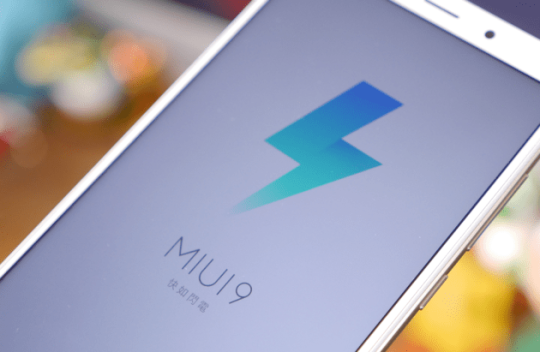
Years after years, the company created a real ecosystem by diversifying its catalog: Mi 2, RedMi, Mi Note, MiTV, MiBand, just to name these. Its popularity then skyrocketed, reaching the international market where it is named “The Chinese Apple”.
The brand was able to establish an international legitimacy for itself in record time, as it welcomed Hugo Barra (previously a very important figure in Google.) in 2013 as its new vice-president. In 2017 the company grew more than Apple and Samsung combined, selling 92 million smartphones worldwide – representing a 74.5% growth over the previous year.
An African advantage?
As you can therefore see, Xiaomi is no more to introduce …except in Africa. Indeed Xiaomi is present in all continents, except Africa (partly). The brand first hit the Nigerian, South African and Kenyan markets in 2015. However, since then, it has had very little economic activity. But this time, Xiaomi is coming to stay and conquer.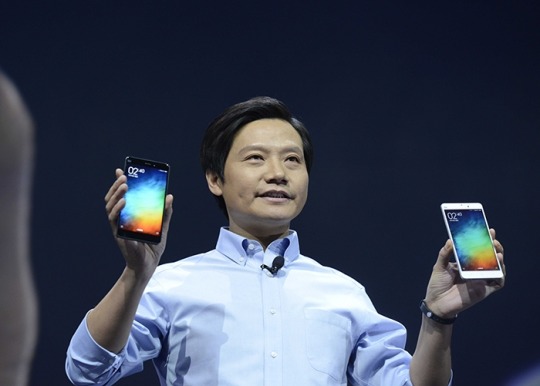
Xiaomi and Transsion Holdings both operating on low price policy will certainly lead to a tight competition on the African market. During its Africa launch in 2015, the Xiaomi Mi 4 and Redmi2 were sold for $320 and $160 respectively. This translates to 92,630XAF and 185,230XAF excluding taxes. The competition may even lead to price reductions who knows. To the consumers, this somehow leads to an increase in living standards. Indeed a wider range of products will be within reach of many Africans since Xiaomi is coming with its whole range of products.
But what about the integrity of our data?
The establishment of the Chinese giant on the old continent is posing some security concerns to some people. Some wonder about the negative impact of spying by the Chinese government, through the massive collection of data from millions of Africans. The American government assures that having a Chinese phone guarantees being listened to by Beijing’s ears. The latter even banned the sale of a couple of Chinese phones from brands like Huawei, Oppo, and ZTE on their territory for alleged spying. How these data are going to be treated by the Chinese government is the question here. However Africa still has a long way to go concerning data regulations, and concerning China, it holds on the continent need not be debated.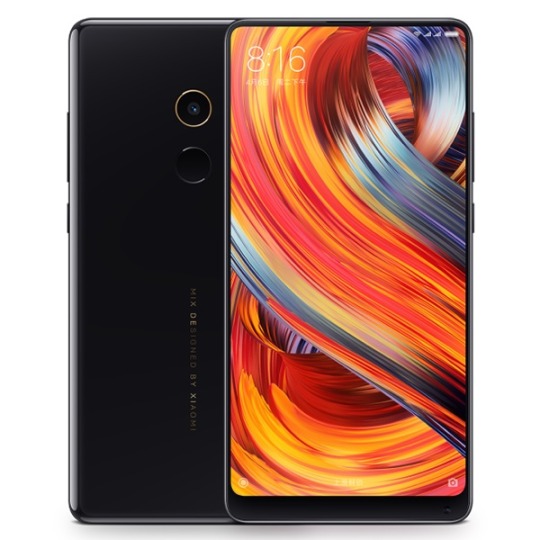
Hence, on a consumer side of view, the presence of Xiaomi in Africa increases the number of good quality smartphone options available at reasonable prices to consumers. The company is well known for commercializing high-quality devices, at half or even less the price of what is been done by competitors (Samsung, Apple, Sony, etc. in this case). However Xiaomi is not just limited to smartphones, but also commercializes, smartwatches, connected scooters, smart TVs and tablets just to name these, hence the spoilt for choice. And with an official division on the continent, the brand will be able to have a stronger position and better control its expansion.
We see Africa as the next frontier for the growth of smartphones, and we are delighted with this partnership with MIA Group to offer consumers in these three countries our quality smartphones at unbelievable prices.[Update of the 17/07/2019] Xiaomi just opened its brand new Mi Store in Nairobi Kenya. The grand opening was welcomed by a horde of enthusiastic Kenyans - techies or not - confirming its forthcoming to the continent, as reported by TechArena. It is therefore confirmed the company will be coming with its whole fleet of products, from smart bulbs to smart suitcases, just to name these - hence an assured improvement in living standards of East Africans. The Chinese tech company does not stop there and will open two bigger stores at the end of this year, plus a server center, which will be the go-to place to get all your Xiaomi products fixed.
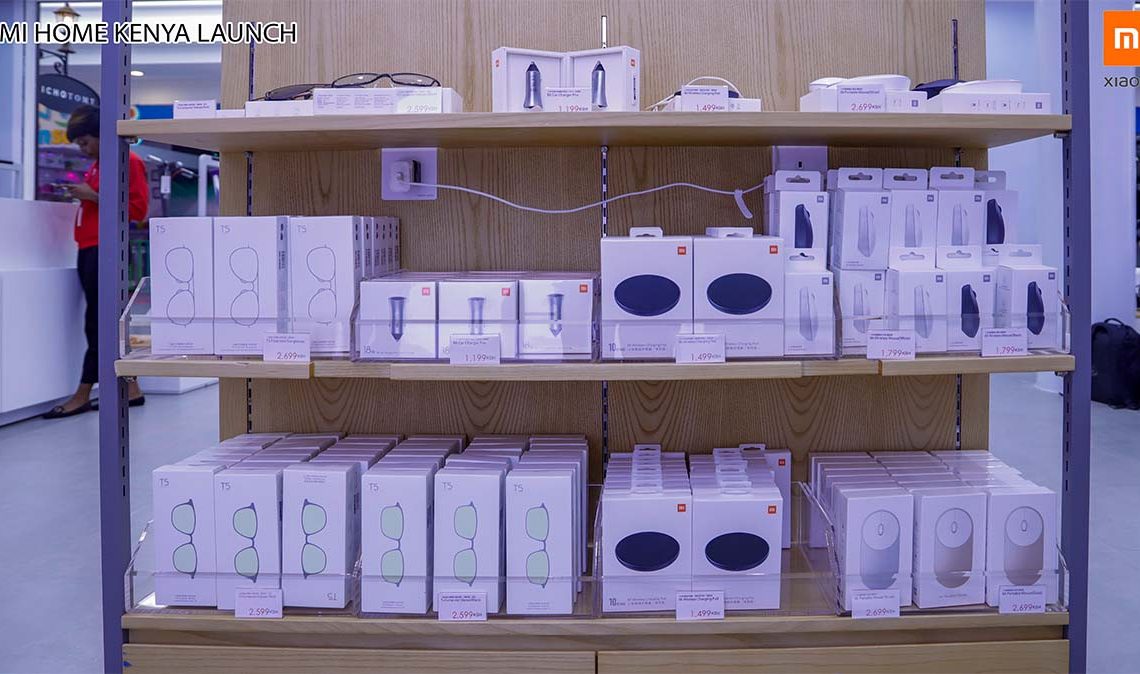 |
| Image Credit: TechArena |
As of now, we do not know much about the presence of an official store anywhere on the continent. Back in 2015, the brand operated with third parties. But you can be sure official stores will soon open. You can, however, buy Xiaomi products now on Jumia.
Now what is left is for OnePlus the steps of its colleague 🤩. And you, what do you think about Xiaomi’s presence in Africa?



![[Tutorial]Here Is How I Link My Phone and PC](https://blogger.googleusercontent.com/img/b/R29vZ2xl/AVvXsEg5rJkBYJJMClrUv9bUbfz4vcSLN6VBNunlZf42iTtBoAoRK4IE05SG3kPYWu2dTFpzCW1sElKDQwRHOa7P7fWAUBh9M0IrQSITv2GpVj_7TxXyD4YD-kyLMR9gScbSIrCCQVhUgqgKloE/s72-c/ezgif.com-webp-to-jpg+%25284%2529.jpg)


No comments:
Post a Comment